Yesterday was a day off work for me, so I took the bus to Niantic, a smaller town a few miles to the southeast. Niantic has a beach and a boardwalk, which I didn't get a chance to visit this time, and (the big draw, for me) a rambling secondhand bookstore called the Book Barn, where books are housed not only in the eponymous main barn but in a series of outbuildings and little stalls. It's patrolled by an indeterminate number of cats (I saw three, not including Frank the Sumo Tabby, guardian of the Book Barn's downtown annex). Just as I was leaving after an hour or two's browsing, I spotted their display in honor of Banned Books Week:
Each of the books in the case has a little tag explaining why someone wanted to ban it. A few favorite captions:
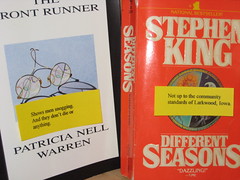 The Front Runner: "Shows men snogging. And they don't die or anything."
The Front Runner: "Shows men snogging. And they don't die or anything."
 The Gulag Archipelago: "Insufficiently enthusiastic about the Russian government." The Canterbury Tales: "Fart jokes." (As anyone who's taught Chaucer can attest, the fart jokes are one of the things that convince unwilling students that struggling with the Middle English might be worth it. There's a reason why the Miller's Tale is so often anthologized…)
The Gulag Archipelago: "Insufficiently enthusiastic about the Russian government." The Canterbury Tales: "Fart jokes." (As anyone who's taught Chaucer can attest, the fart jokes are one of the things that convince unwilling students that struggling with the Middle English might be worth it. There's a reason why the Miller's Tale is so often anthologized…)
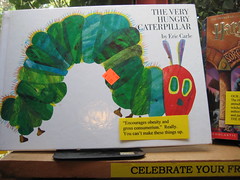 The Very Hungry Caterpillar: "'Encourages obesity and gross consumerism.' Really. You can't make these things up."
The Very Hungry Caterpillar: "'Encourages obesity and gross consumerism.' Really. You can't make these things up."
I was so amused by the concept that I may have to borrow it if I'm ever in charge of a Banned Books Week display. I do appreciate a little well-done snark.
In other news, fall isn't even halfway done and already New England is living up to its reputation for leaf color of the kind tourists travel hundreds of miles to see. Some of the maples are an unbelievable shade of candy-apple red that you'd swear couldn't really exist in nature, only it does. My camera can't keep up and can't do it justice. I spent most of the bus ride to and from Niantic staring slack-jawed at trees, even in the parking lot of a Wal-Mart Supercenter.
I spent today catching up on domestic chores, and this evening I'm heading out to a gallery opening. All in all, not a bad way to spend a weekend.

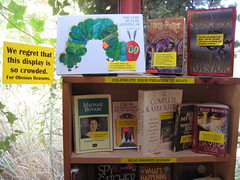
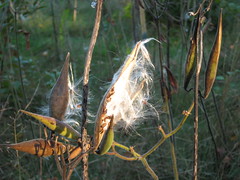
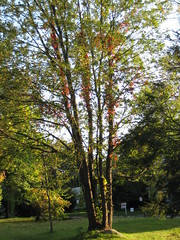
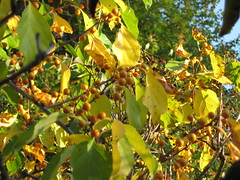
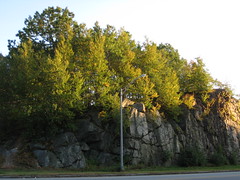
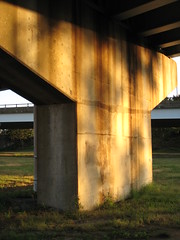
The return of the pastoral
By Amanda on October 14th, 2008
Interesting:
I'm of two minds about all of this. Part of me sees the emphasis on a renewal of localized, traditional agriculture in the light of 2000-plus years of the pastoral poetry tradition. And there is a nostalgia for an idealized rural past behind a lot of the discourse about local food: not a past where preternaturally literate shepherds piped on oaten straws, but a pre-factory-farming past, when people knew where their food came from, when oranges and bananas were a luxury if you didn't live in a tropical climate, when families sat down to dinner together, and so on.
But the other side of me, the side that loves farmers' markets and fully expects that we'll be in for a nasty shock when oil supplies really start to run low, is deeply interested in learning how to grow my own food, especially with the economy circling the drain. That same side of me is weighing the options for doing some container herb and vegetable gardening on the little deck outside my apartment next year, and wondering if anyone else in New London is interested in getting a community garden going. I suspect part of it is a sign of wanting to learn more practical skills in the face of doom and gloom. Call it a victory garden or call it an apotropaic gesture; I just want to do something tangible to deal with the free-floating anxiety, even if it's only planting some tomatoes. (And green onions! And salad greens! And rosemary! Of course, this also has something to do with my preexisting fondness for produce.)